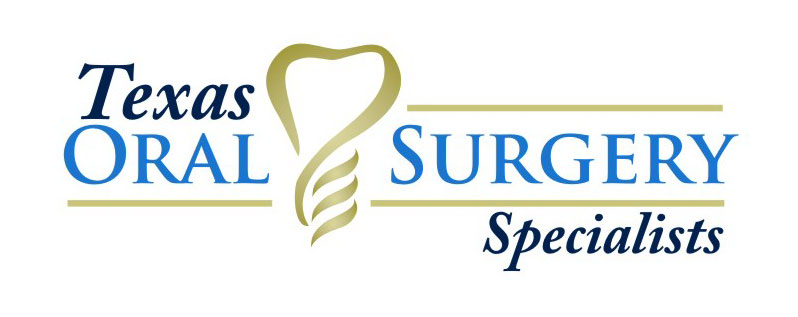 When you choose the best oral surgeon to perform your upcoming surgery such as placement of dental implants, you will be given pre-operative instructions to follow. Many patients wonder how important it is to pay attention to these guidelines. Dr. Chris Tye and the rest of the team at our Southlake, TX practice help patients who will undergo oral surgery understand that complying with surgical instructions is essential for maximum outcomes.
When you choose the best oral surgeon to perform your upcoming surgery such as placement of dental implants, you will be given pre-operative instructions to follow. Many patients wonder how important it is to pay attention to these guidelines. Dr. Chris Tye and the rest of the team at our Southlake, TX practice help patients who will undergo oral surgery understand that complying with surgical instructions is essential for maximum outcomes.
Why Oral Surgeons Provide Patients With Surgical Instructions
All oral surgeries add stress to the body in some way. A trained, highly credentialed oral surgeon will make sure that your upcoming oral surgery puts as little stress on your body as possible. One way this is done is by recommending that you follow very specific pre-operative surgical instructions.
Pre-operative instructions are designed to make sure your body is in the best shape possible for surgery. The closer you follow your oral surgeon’s recommended course of action, the lower the likelihood of complications post-surgery.
Common Topics in Surgical Instructions
If you have never had oral surgery before, you may not know what to expect from your oral surgeon’s surgical instructions. Below are a few common subjects covered in surgical instructions:
- Herbal remedies and vitamins: Many individuals regularly take herbal and vitamin remedies in a variety of forms. However, some herbs and vitamins can interact with surgery-related anesthesia and other medications. For instance, ginkgo biloba, fish oil, and ginseng should be discontinued at least two weeks before oral surgery.
- Over-the-counter medications: Have a headache? Feel a little sore after a long walk? Before your reach for any over-the-counter pain medications like ibuprofen or aspirin, think twice. These remedies can lead to excessive bleeding after surgery. If you are not sure if you can take a certain over-the-counter drug, always ask the oral surgeon office before proceeding.
- Blood thinners: You may already take blood thinners to treat underlying health conditions. Your oral surgeon will want to know which blood thinners you take prior to scheduling surgery, and which conditions they help you manage. He will work with your other healthcare professionals to determine how to help you proceed safely.
- Nutrition: Your surgical instructions will probably include some dietary considerations. These could include not eating or drinking for a period of time before surgery.
- Clothing: Believe it or not, you may even be asked to wear specific clothing, especially on the day of your procedure. Your comfort is of the highest importance because it helps you stay relaxed throughout the process.
If You Get a Pre-Operative Cold
What happens if you follow your pre-operative instructions and feel like you are getting a cold or the flu a day or two before your surgery? Or if you wake up with a chest cold or cough?
Any changes in your health should be immediately reported to your oral surgeon. Do not immediately assume that your pre-operative cold will prevent you from getting surgery on schedule. However, do be aware that if your cold or flu is serious, you may need to postpone your surgery to get well.
Oral Surgery in Southlake, TX
Are you considering a dental treatment with an oral surgeon in Southlake, TX? Contact Dr. Tye at (817) 552-3223 to schedule a visit. If you are a candidate for a treatment that requires oral surgery, our team will help you understand how you can safely prepare for your surgical procedure.


